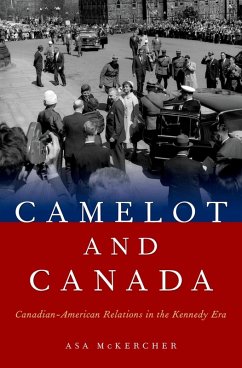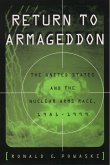In 1958 Senator John F. Kennedy of Massachusetts proclaimed at the University of New Brunswick that "Canada and the United States have carefully maintained the good fences that help make them good neighbours." He could not have foreseen that his presidency would be marked not just by some of the tensest moments of the Cold War but also by the most contentious moments in the Canadian-American relationship. Indeed, the 1963 Canadian federal election was marked by charges that the US government had engineered a plot to oust John Diefenbaker, Canada's nationalist prime minister.
Camelot and Canada explores political, economic, and military elements in Canada-US relations in the early 1960s. Asa McKercher challenges the prevailing view that US foreign policymakers, including President Kennedy, were imperious in their conduct toward Canada. Rather, he shows that the period continued to be marked by the special diplomatic relationship that characterized the early postwar years. Even as Diefenbaker's government pursued distinct foreign and economic policies, American officials acknowledged that Canadian objectives legitimately differed from their own and adjusted their policies accordingly. Moreover, for all its bluster, Ottawa rarely moved without weighing the impact that its initiatives might have on Washington. At the same time, McKercher illustrates that there were significant strains on the bilateral relationship, which occurred as a result of mounting doubts in Canada about US leadership in the Cold War, growing Canadian nationalism, and Canadian concern over their country's close economic, military, and cultural ties with the United States. While personal clashes between the two leaders have become mythologized by historians and the public alike, the special relationship between their governments continued to function.
Dieser Download kann aus rechtlichen Gründen nur mit Rechnungsadresse in A, B, BG, CY, CZ, D, DK, EW, E, FIN, F, GR, HR, H, IRL, I, LT, L, LR, M, NL, PL, P, R, S, SLO, SK ausgeliefert werden.









